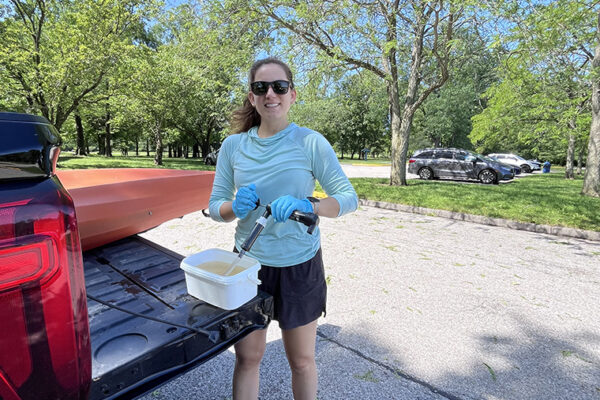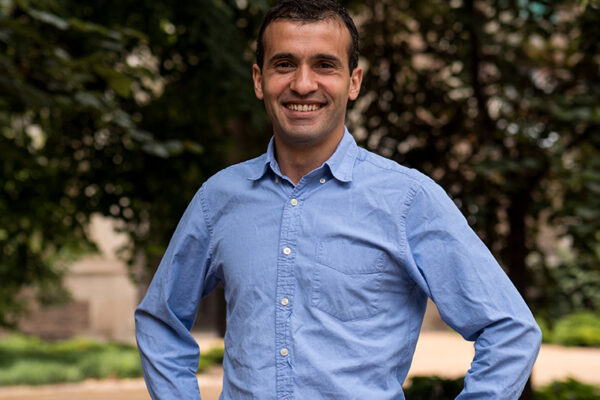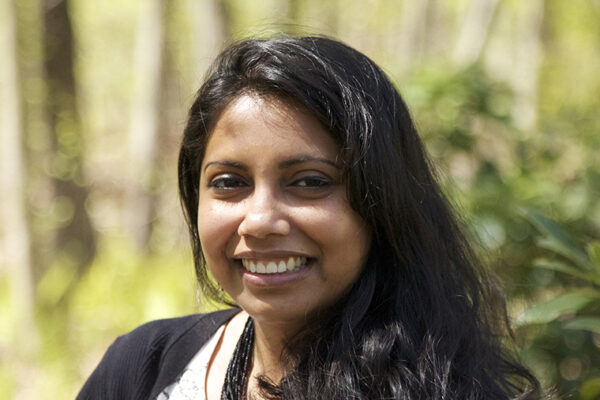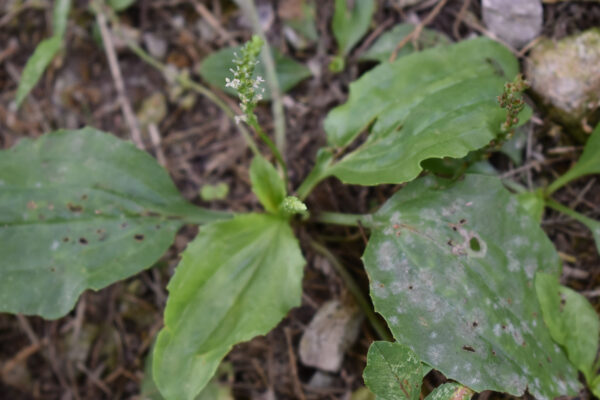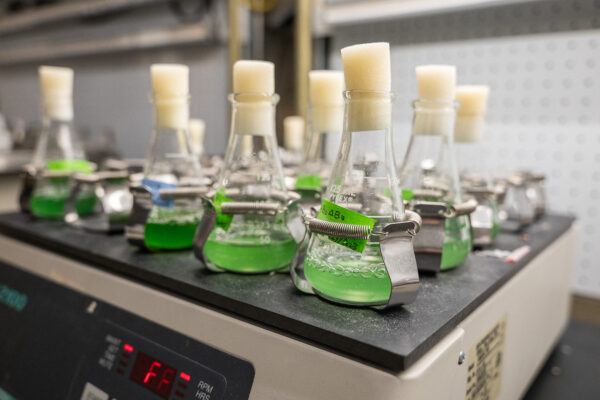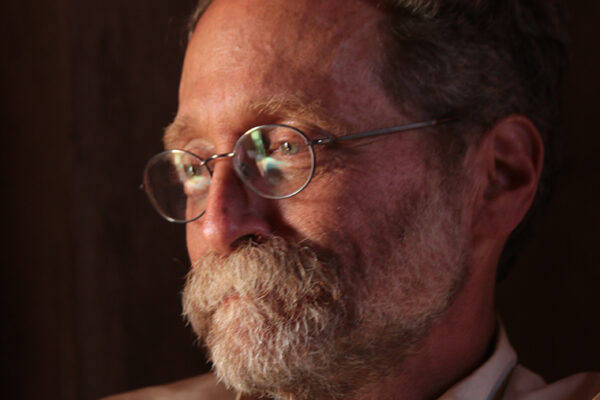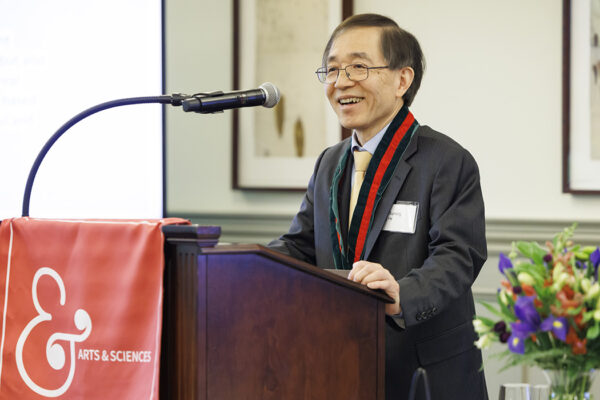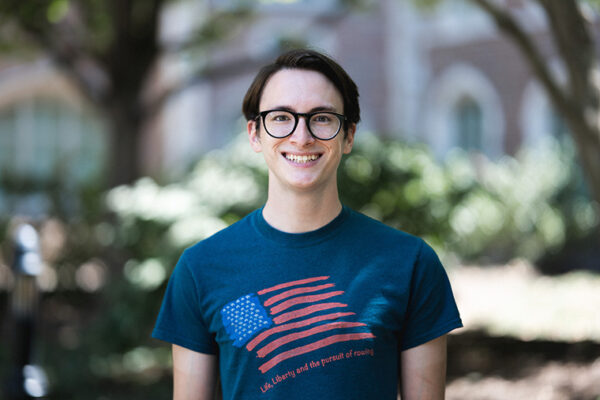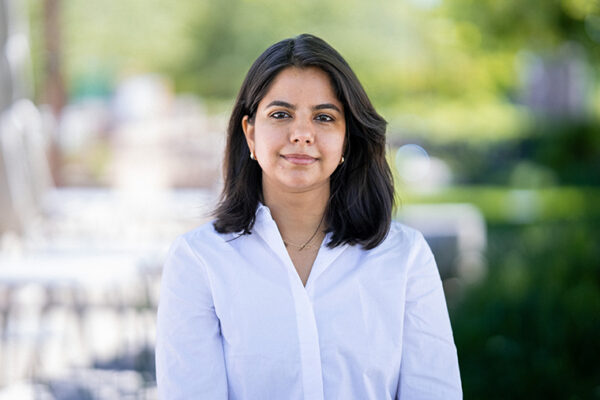Sampling eDNA for global biodiversity census
Kara Andres, a postdoctoral fellow with the Living Earth Collaborative, collected samples from Simpson Lake in Valley Park, Mo., one of about 800 lakes worldwide that were surveyed on the UN’s International Day of Biodiversity.
Biologists take closer look at stress response in cells
Hani Zaher, a professor of biology in Arts & Sciences, published a study in Molecular Cell that dives into the mechanisms behind the ways cells respond to stress.
Bose named Fulbright Scholar
Arpita Bose, an associate professor of biology in Arts & Sciences, will travel to Belgium next year to continue her work on the green potential of purple bacteria.
Why some plant diseases thrive in urban environments
A team led by biologist Rachel Penczykowski in Arts & Sciences found more infestations of powdery mildew in St. Louis than in the city’s surrounding suburbs and countryside.
Internal clock helps cyanobacteria sustain life on this planet
Most organisms on this planet rely on a circadian clock to function properly. New research published by biologists in Arts & Sciences investigates how an internal clock helps nitrogen-fixing cyanobacteria accommodate seemingly conflicting processes within a single cell.
Stan H. Braude, professor of practice in Arts & Sciences, 62
Stan Braude, a professor of practice in biology and in environmental studies in Arts & Sciences, died at home June 1, 2024. Braude was the first curator of the university’s arboretum and a world expert on naked mole-rat ecology, evolution and behavior in the wild.
Statistician He installed as Kotzubei-Beckmann Distinguished Professor
Xuming He leads the new Department of Statistics and Data Science, born out of the Arts & Sciences strategic plan, which will tackle some of the most complex and pressing issues in science and society, including artificial intelligence, climate change, sustainability and public health.
Physics student Brodie selected for prestigious DOE program
Liam Brodie, a graduate student working with Mark Alford, a professor of physics in Arts & Sciences at Washington University in St. Louis, has been selected to participate in the Department of Energy’s Office of Science Graduate Student Research Program.
WashU theorists help advance nuclear physics research at DOE facility
Physicists in Arts & Sciences are helping to shape the theoretical framework behind exciting new experiments at the Facility for Rare Isotope Beams.
Kapoor selected for Lindau Nobel Laureate conference
Yashika Kapoor, a postdoctoral fellow in physics from Arts & Sciences, will attend the 73rd annual Lindau Nobel Laureate Meeting in Germany. The event is a globally recognized forum for exchange between Nobel laureates and young scientists.
View More Stories
